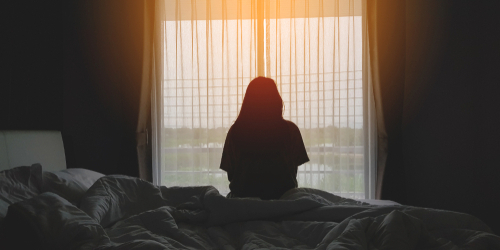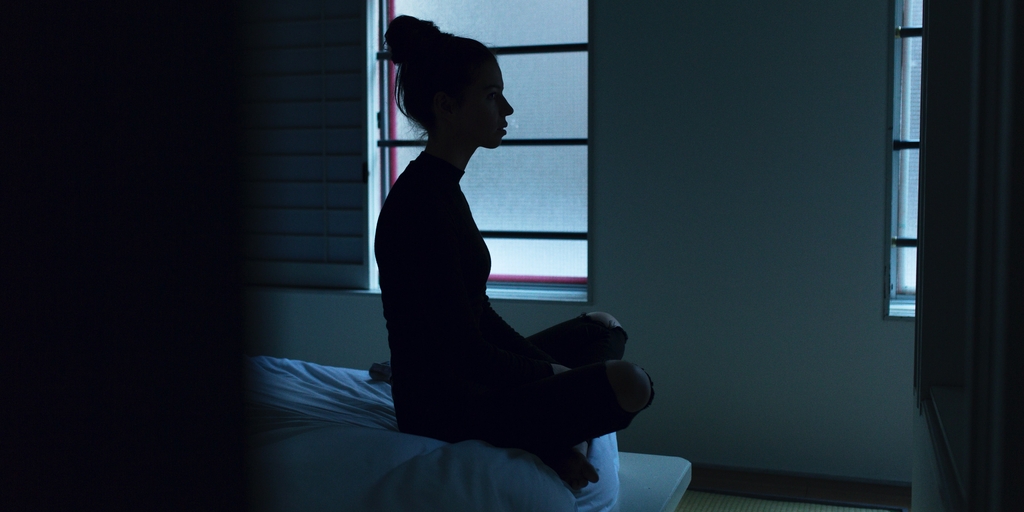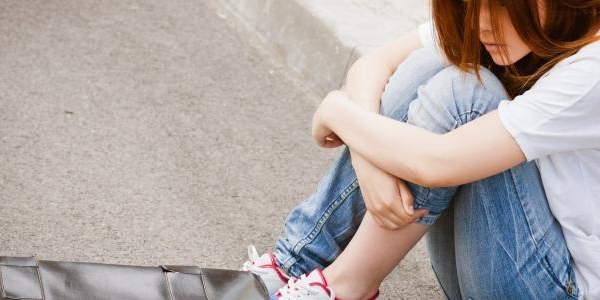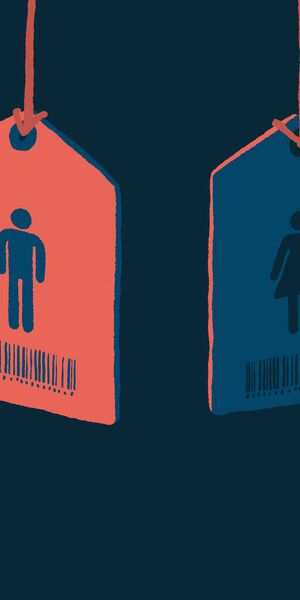Landmark Modern Slavery Bill passes
Human Trafficking
The text of the Modern Slavery Bill was finalised in Parliament today when the House of Lords accepted the final version of the Bill approved by the House of Commons last week.
A new clause to extend the rights of overseas domestic workers added to the Bill by a narrow vote against the Government in the House of Lords earlier this month was not accepted by the House of Commons but the Government’s compromise proposal was accepted in both Houses and added to the Bill.
Now all that remains is for the Bill to be granted Royal Assent, which can be expected to come quickly before Parliament dissolves for the election campaign.
At this stage it seems appropriate to stop and reflect on the Bill and the transformation it has undergone over the 18 months since the Home Secretary Theresa May first announced it.
The first piece of dedicated legislation on slavery and exploitation in about 200 years was always going to be an historic moment. It is something for which this Home Secretary will rightly be remembered and although it can be amended through future legislation it is likely to sit on the statute books for a long time. No wonder then, that we and other charities were eager to see the Bill cover all dimensions of human trafficking and exploitation and move beyond the Government’s initial focus of increasing prosecution rates.
The Modern Slavery Bill received probably more public consultation and scrutiny before and after it reached Parliament than any other legislation in recent times. There was the pre-legislative evidence review commissioned by the Home Office and led by Frank Field MP. This was followed by publication of the Draft Bill which underwent scrutiny by a Committee of MPs and Peers, before the official text of the Bill was even introduced to Parliament.
Whilst the Bill that passed today may still not quite match the fully comprehensive legislation passed in Northern Ireland, the Government has responded positively to the criticisms of charities, experts and parliamentarians and the final text is vastly better for victims than the original.
The Bill now contains measures for the roll out of specialist advocate schemes for child victims of trafficking – and ensures that those advocates will have statutory authority and clear powers.
A statutory defence has been created to help prevent the prosecution or imprisonment of victims who commit crimes as a result of being exploited.
The offences have been amended to make it easier to prosecute crimes committed against children, to ensure that all forms of exploitation are within the scope of the crimes and to state clearly that even when a victim appears to consent to the exploitation a crime may still be committed.
The new Independent Anti-Slavery Commissioner will lead efforts to increase prosecution levels but also to ensure more victims are identified and that levels of victim care are raised.
The Bill now makes it possible for regulations to be introduced to give victims legal rights to support and assistance and to govern the process through which a person is considered eligible for support (currently called the National Referral Mechanism and in the process of being re-organised). CARE has long argued that a guarantee of minimum levels support for victims should be put into legislation. We are disappointed that the Modern Slavery Bill does not do this, unlike the legislation in Northern Ireland and Scotland, but hope that a future Government will swiftly use the power in the Bill to bring in these regulations.
The Modern Slavery Bill is now a far more victim-centred Bill that it was to begin with. We pay tribute to the MPs and Peers who have raised concerns with the Government time and again over the past year. The Government, to its credit, has also shown a willingness to listen and respond to those concerns. We are delighted that many of the things CARE has been calling for have been included in the Bill. It may not be perfect but the end result is legislation that will be a better foundation for action against trafficking and exploitation and, most importantly, better for victims.
You can read our press release on the Bill's passing here.





Share story
Landmark Modern Slavery Bill passes